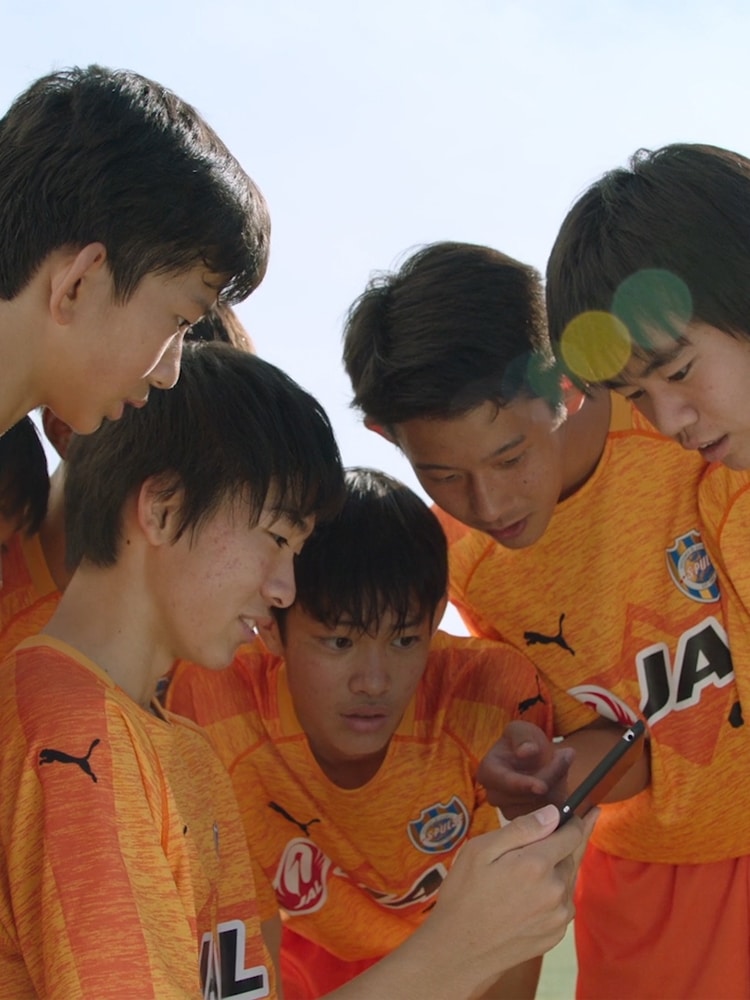

Uniting a Nation: Japan's Government-Backed Sports Renaissance and Tokyo Olympics' Impact
From traditional martial arts to modern team sports, Japan’s passion for sports permeates all aspects of society. In recent years, Japan has fostered a vibrant and dynamic sports environment leading to a remarkable transformation in its sports landscape. Thanks to proactive support from the government and successful initiatives like “Sport for Tomorrow” (SFT) Japan’s passion for sports has become even more deeply ingrained in its societal fabric. This post delves into the Japanese government’s commitment to promoting sports and explores the impact of hosting international events like the Tokyo Olympics on the nation’s sports industry. Additionally, we’ll touch upon the significant role played by NTT Sportict and its collaboration with Pixellot in revolutionizing sports broadcasting and accessibility.
Government’s Commitment to Sports Development
Japan boasts an impressive array of sports venues and infrastructure that caters to a diverse range of athletic pursuits. From massive stadiums in bustling cities like Tokyo and Osaka to smaller community-based facilities in rural areas, Japan has built an extensive network of sports infrastructure, hosting major international events.
In addition to hosting events, the Japanese government has also allocated substantial funds to sports development programs. This financial support has helped establish women’s sports projects, grassroots initiatives, and youth academies across the country, nurturing young talent through specialized academies. Japan boasts several sports academies that cater to various disciplines, one such example being the JFA Academy. Run by the Japan Football Association, the JFA Academy is dedicated to honing the skills of young football players and nurturing future soccer stars.
Promoting Gender Equality in Sports
Japan is also dedicated to promoting gender equality in sports, exemplified by initiatives like the Open Symposium on Gender Equality in Sports. In part owing to this symposium, co-organized by the Japanese Center for Research on Women in Sport (JCRWS), the Japan Sports Agency (JSA), and the ASEAN Secretariat, with support from UN Women, Japan’s sports landscape has witnessed a transformative shift towards inclusivity, particularly concerning women’s participation in sports. The “2020 Women and Sport Awards” recognized outstanding contributions and achievements of women in sports, motivating the next generation to excel in their chosen athletic endeavors.
Boosting Sports Infrastructure and Economy
The Japanese government’s investment in hosting international sports events, such as the World Rugby Games and the Tokyo Olympics, has had a profound impact on the nation’s sports industry. World-class venues like the Tokyo Olympic Stadium, Yokohama International Stadium, and Sapporo Dome have enhanced Japan’s reputation as a sporting destination. The Tokyo Olympics, in particular, generated substantial economic activity in Japan, with the sports market size reaching an impressive ¥2250.4 billion (159 billion USD) in 2019.
A Rising Tide for Women’s Sports
These investments have also significantly benefitted women’s sports in Japan. The Tokyo 2020 Olympics stood out as the most gender-balanced Games in history, with almost 49% of participating athletes being women. This landmark achievement showcased Japan’s commitment to empowering women in sports and fostering gender equality.
NTT Sportict and Pixellot: Pioneers in Sports Broadcasting
NTT Sportict has been at the forefront of transforming sports broadcasting in the country. NTT Sportict, a Joint venture between NTTWest and Asahi Broadcasting Group, is a prominent Japanese provider of video content production and distribution to sports facilities and organizations. In collaboration with Pixellot, NTT Sportict launched Stadium Tube, revolutionizing Japanese amateur sports broadcasting. With over 250 Pixellot systems around the country to date the AI-powered technology has allowed for automated and high-quality coverage of sports events at various levels, enabling wider accessibility for fans and players alike.
Japan’s thriving sports environment owes its success to the unwavering support of the government and transformative initiatives like “Sport for Tomorrow.” The hosting of international events, especially the Tokyo Olympics, has inspired a nation to embrace sports and fitness. With NTT Sportict and Pixellot’s contributions in revolutionizing sports broadcasting and accessibility, Japan is setting new standards for inclusivity and technology-driven innovation in the sports industry. As Japan continues to invest in sports and empower athletes of all genders, it paves the way for a brighter and more inclusive sporting future for generations to come.



